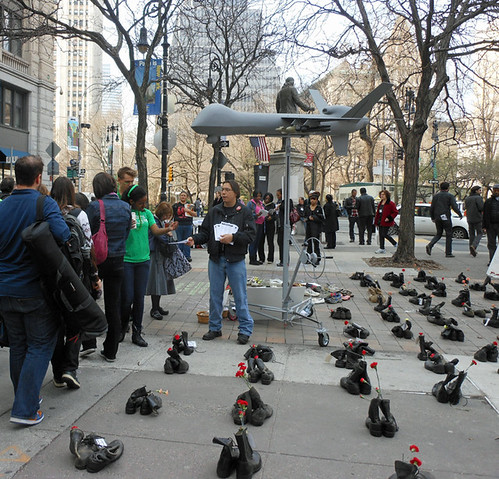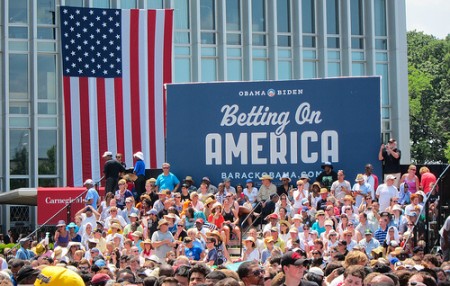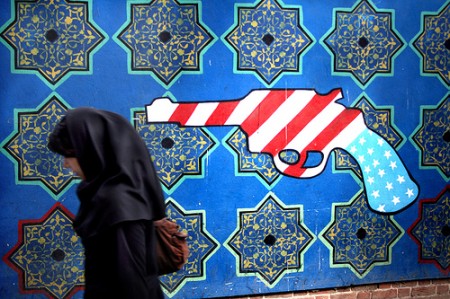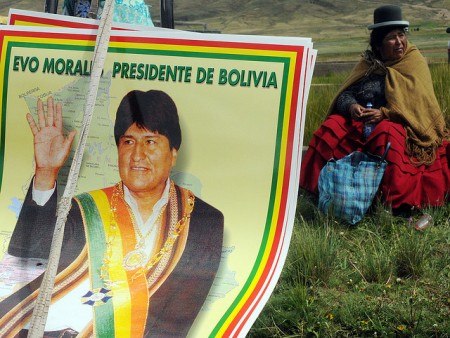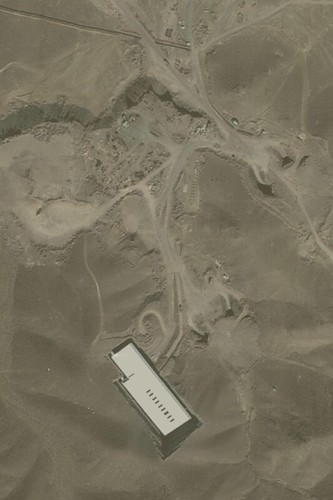
NEW YORK – Most of the debate about how to address Iran’s efforts to develop nuclear-weapons capacity focuses on two options. The first is to rely on deterrence and live with an Iran that has a small nuclear arsenal or the ability to assemble one with little advance notice. The second is to launch a preventive military strike aimed at destroying critical parts of the Iranian program and setting back its progress by an estimated two or more years.
But now a third option has emerged: negotiating a ceiling on the nuclear program that would not be too low for Iran’s government and not too high for the United States, Israel, and the rest of the world.
In fact, such an option has been around for years – and in several rounds of negotiations. What has changed, however, is the context. And changes in context can be critical; indeed, what happens away from the negotiating table almost always determines the outcome of face-to-face talks.

